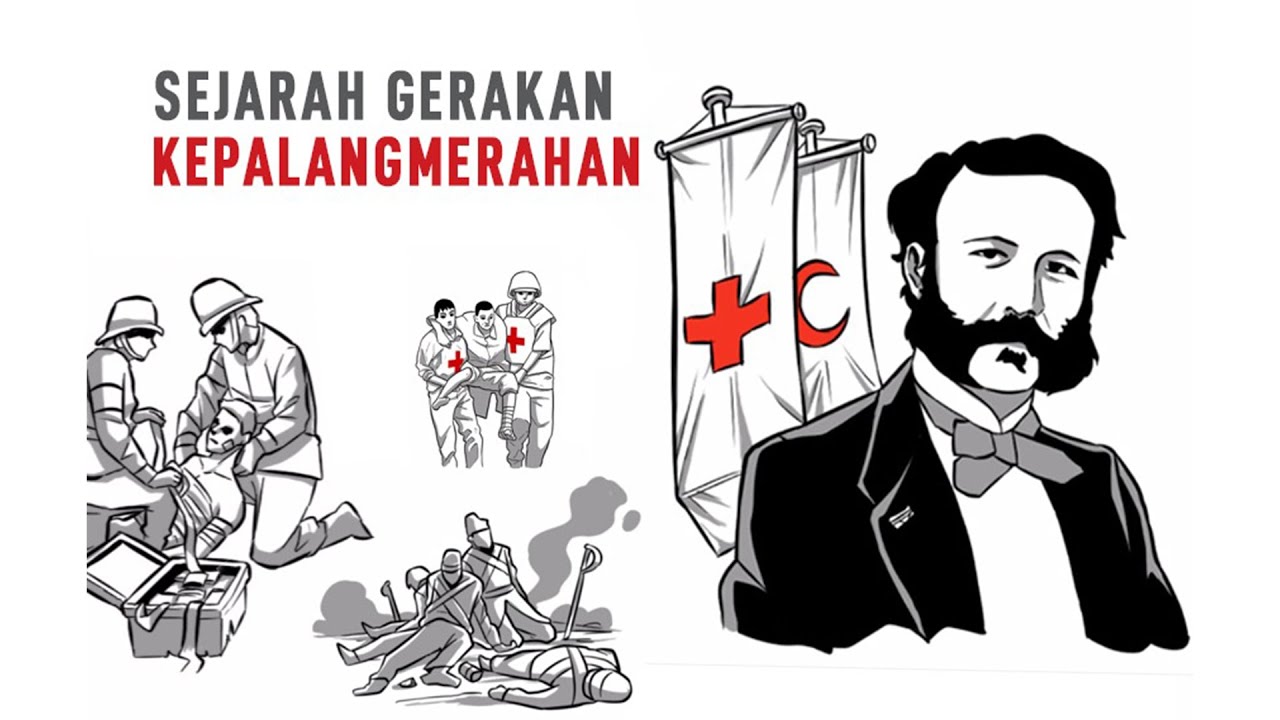Global Issues, Social Science | Nina Stubb | TEDxPalosaari
Summary
TLDRIn this compelling talk, Nina Stub, a developer for multicultural activities at the Red Cross, highlights the importance of creating inclusive societies. She discusses how multiculturalism and migration, often driven by work, love, or necessity, contribute to innovative, sustainable communities. Nina emphasizes the need to challenge prejudices and see individuals beyond stereotypes. Drawing on personal experiences and studies, she advocates for recognizing diverse talents and fostering environments that celebrate different backgrounds. Ultimately, she calls for a shift in perspective to build more tolerant, creative, and peaceful societies.
Takeaways
- 😀 Multicultural environments provide valuable learning opportunities about people, societies, and oneself.
- 🌍 Inclusive societies reduce marginalization and conflict, contributing to a more sustainable world.
- 💡 Migration is a growing trend, with many moving due to work, study, love, or environmental challenges, and refugees are expected to increase significantly by 2050.
- 🌱 Multiculturalism is not a temporary phenomenon but a permanent and increasing part of the global landscape.
- 🤝 Diverse societies foster better decision-making, creativity, and flexibility by bringing together various perspectives.
- 📈 The global economy requires diverse teams to access new markets, understand different customers, and create innovative products.
- 🧓 Migration can also help sustain aging populations by providing a younger workforce to support elderly citizens.
- 🏙️ Multicultural societies enhance cultural richness, bringing new music, food, and experiences to cities, promoting tolerance and peace.
- ⚖️ Integration projects should focus on viewing newcomers as contributors with talents, not just people who need to fit in, avoiding the 'us vs. them' mentality.
- 🧐 Challenging personal biases is essential. We must move away from stereotypes and view individuals through the lens of diversity rather than preconceived notions.
- 🌟 The success of individuals like Omid Hyung Mahmoud highlights the importance of recognizing the talents and potential of newcomers, rather than seeing them as 'problems.'
Q & A
What is the speaker's professional background?
-The speaker, Nina Stub, works as a developer for multicultural activities at the Red Cross. She has extensive experience working in multicultural environments, which she finds fulfilling and enriching.
Why does the speaker advocate for inclusive societies?
-The speaker advocates for inclusive societies because they are associated with less marginalization and fewer conflicts. She believes they are more sustainable, especially in a world increasingly marked by migration and cultural diversity.
What is the expected future of refugee migration according to the study from Huddersfield University?
-According to a study by Dr. Mayan at Huddersfield University, it is estimated that by 2050, there will be 250 million refugees, primarily due to environmental changes rather than conflicts.
How does the speaker suggest we should view multicultural societies?
-The speaker suggests that we should stop viewing multiculturalism as a nuisance or a threat. Instead, it should be seen as a benefit that offers opportunities for creativity, innovation, and economic growth.
How can multiculturalism benefit decision-making?
-Multiculturalism can enhance decision-making by providing a variety of perspectives and frames of reference. When people from diverse backgrounds collaborate, they can make more flexible and creative decisions, which are essential in a globalized economy.
What role does migration play in sustaining aging populations, particularly in Finland?
-In Finland, migration can help sustain the aging population. As the number of working-age people decreases, migrants can contribute to the workforce, supporting the elderly and sustaining the economy.
What is the speaker's personal perspective on the value of cultural diversity in cities?
-The speaker loves traveling and particularly values the cultural diversity in cities like New York. She appreciates the opportunity to experience different cuisines, music, and meet people from around the world, which enriches her life and broadens her perspectives.
What is the issue with how integration projects are often structured?
-The speaker highlights that many integration projects focus on newcomers as people in need of help, which reinforces the 'us vs. them' mentality. This can hinder true integration by perpetuating feelings of otherness rather than fostering mutual understanding and inclusion.
What was the outcome of the Swedish study regarding the integration of politicians from diverse backgrounds?
-The Swedish study found that while political parties included candidates from diverse backgrounds to improve their image, these politicians were often marginalized and their contributions were not valued. Many left office after one term due to a lack of real influence.
What lesson does the speaker draw from the experience of the Finnish president holding meetings in the sauna?
-The speaker draws a parallel between the sauna meetings and the changing nature of politics, where new perspectives (such as those brought by women politicians) require a shift in meeting culture. It illustrates how established norms can be exclusionary and need to evolve to accommodate diversity.
Outlines

This section is available to paid users only. Please upgrade to access this part.
Upgrade NowMindmap

This section is available to paid users only. Please upgrade to access this part.
Upgrade NowKeywords

This section is available to paid users only. Please upgrade to access this part.
Upgrade NowHighlights

This section is available to paid users only. Please upgrade to access this part.
Upgrade NowTranscripts

This section is available to paid users only. Please upgrade to access this part.
Upgrade NowBrowse More Related Video

Importance of donating blood

MATERI KEPALANGMERAHAN UNTUK PMR : SEJARAH GERAKAN, LAMBANG, TUGAS DAN FUNGSI

Sejarah Gerakan Palang Merah dan Bulan Sabit Merah

Tinjuan Kritis :Teacher Education & Multicultural Education: Implications Science Education Research

||Peranan Sekolah Dasar Sebagai Lembaga Pengembangan Pendidikan Multikultural

¿Cómo convivir (con culturas diferentes) sin morir en el intento?
5.0 / 5 (0 votes)